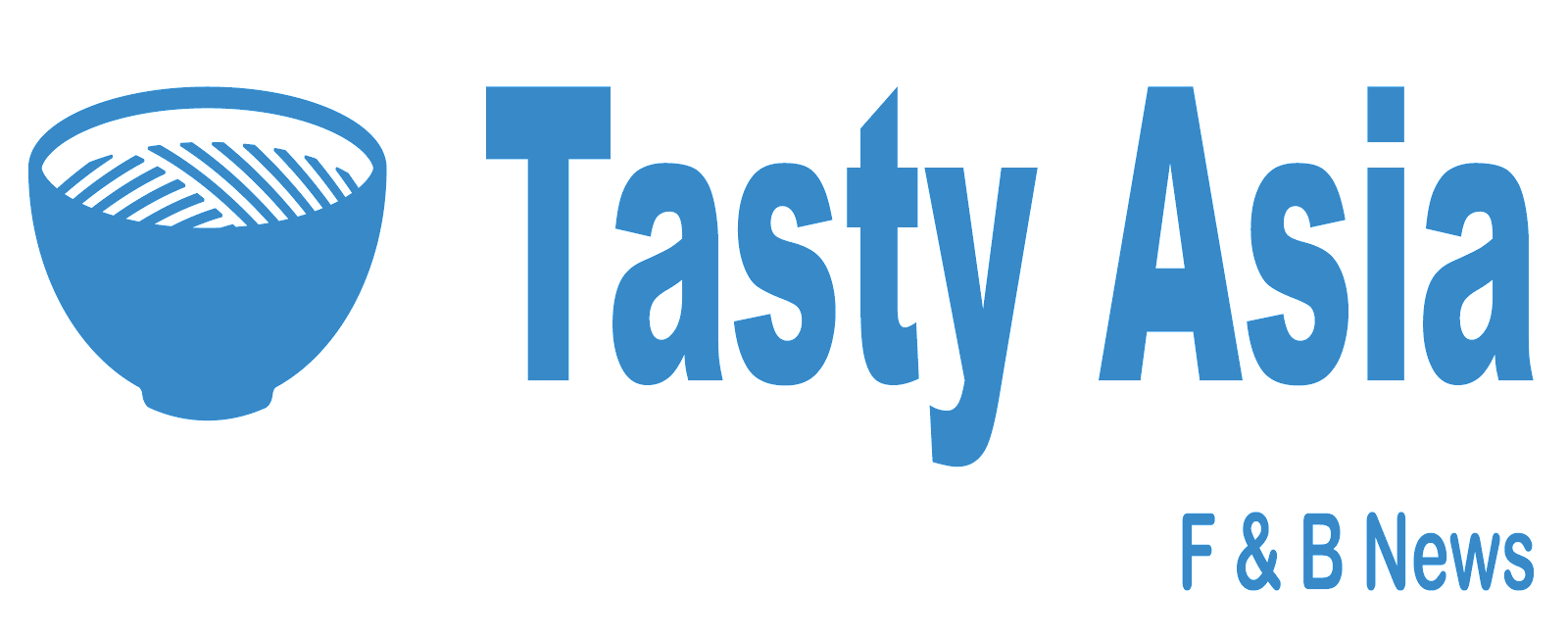International prices of cereals, vegetable oils, and dairy products dropped last month, said the Food and Agriculture Organization of the United Nations (FAO). The FAO Food Price Index tracks changes in the international prices of the most globally traded food commodities.
The FAO Cereal Price Index was 3.0% lower in July than in June, pushed down by a 6.0% month-on-month drop in international maize prices associated with better-than-earlier projected yields in Argentina and improved production prospects in the US. Prices of other coarse grains such as barley and sorghum also dropped significantly, reflecting weaker import demand.
Meanwhile, the FAO Dairy Price Index declined 2.8% from June, impacted by slower market activity in the Northern hemisphere due to ongoing summer holidays. Skim milk powder registered the most significant drop, followed by butter, whole milk powder, and cheese.
The FAO Vegetable Oil Price Index reached a five-month low, declining 1.4% from June. Lower prices for soy, sunflower, and rapeseed oils more than offset rising palm oil values.
On the other hand, the price of sugar increased by 1.7% in July, its fourth monthly increase. FAO said the rise was primarily related to firmer crude oil prices and uncertainties over the impact of recent frosts on yields in Brazil, the world’s largest sugar exporter. Good production prospects in India prevented a more significant jump.
Lastly, the FAO Meat Price Index rose marginally from June, with quotations for poultry meat rising the most due to increased imports by East Asia and limited production expansions in some regions. Bovine meat prices also strengthened, buoyed by high imports from China and lower supplies from major producing regions. Meanwhile, pork meat prices fell, following a decline in imports by China, FAO reported. (Image from Unsplash)
The FAO Cereal Price Index was 3.0% lower in July than in June, pushed down by a 6.0% month-on-month drop in international maize prices associated with better-than-earlier projected yields in Argentina and improved production prospects in the US. Prices of other coarse grains such as barley and sorghum also dropped significantly, reflecting weaker import demand.
Meanwhile, the FAO Dairy Price Index declined 2.8% from June, impacted by slower market activity in the Northern hemisphere due to ongoing summer holidays. Skim milk powder registered the most significant drop, followed by butter, whole milk powder, and cheese.
The FAO Vegetable Oil Price Index reached a five-month low, declining 1.4% from June. Lower prices for soy, sunflower, and rapeseed oils more than offset rising palm oil values.
On the other hand, the price of sugar increased by 1.7% in July, its fourth monthly increase. FAO said the rise was primarily related to firmer crude oil prices and uncertainties over the impact of recent frosts on yields in Brazil, the world’s largest sugar exporter. Good production prospects in India prevented a more significant jump.
Lastly, the FAO Meat Price Index rose marginally from June, with quotations for poultry meat rising the most due to increased imports by East Asia and limited production expansions in some regions. Bovine meat prices also strengthened, buoyed by high imports from China and lower supplies from major producing regions. Meanwhile, pork meat prices fell, following a decline in imports by China, FAO reported. (Image from Unsplash)


Post a Comment